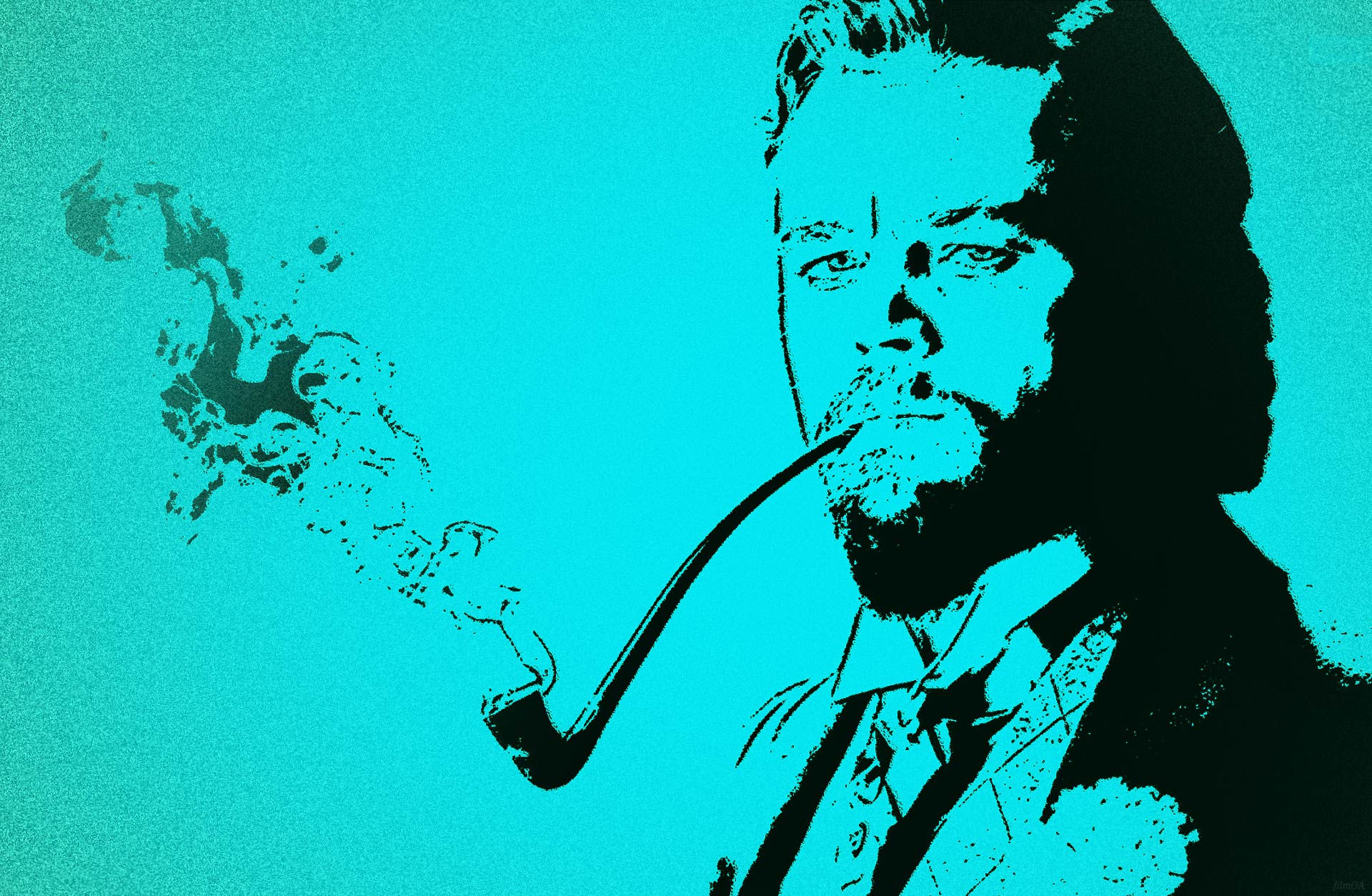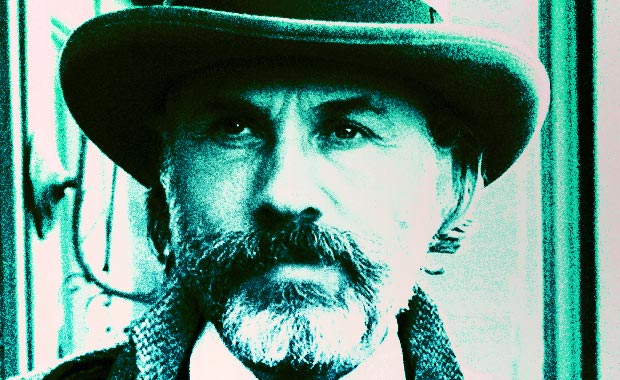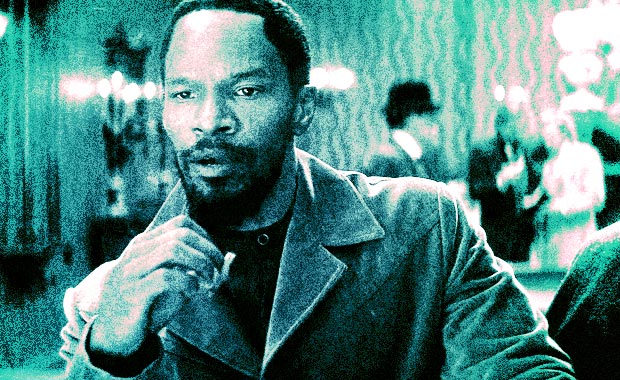Latest
Contact
filmOA v2.0

Django Unchained (2012) is a film often seen as controversial, due to the frequent use of the n-word in the script which viewers found offensive. Quentin Tarantino is all about effect and will hold nothing back in his brutal exposition of the wild west, regardless of how badly his audience may react. Leading this boycott due to its strong and apparently suggestible racial themes was director Spike Lee, who often claimed Tarantino is a racist for using the n-word frequently in his films. Spike Lee said he refused to see Django Unchained and the film was racist due to it’s intense use of the n-word and depiction of slaves, not in spite of that. However, if we delve deeper underneath the suave cool exterior of Django, we can find some true exposition about race and culture.

The plight and burden of the black man is not one well covered in the western genre, regardless of it’s deep historical roots. Or, on a more larger scale, is not a huge concern of the genre’s topics and tropes other than the occasional revisionist western about native Americans in a very subversive manner. Obviously there are exemptions to this. Like Mandingo (1975) and Django (1966) -- evidently quite potent inspirations for Django Unchained. I think some of the backlash regarding Django Unchained is simply because it wasn’t a harrowing sad tale of exploitation. It was an exhilarating celebration of freedom. It’s because Tarantino used the terrible exploitation of the past and rehashed them into an entertaining popular culture film, which some people don’t respect on that level of ideology and symbolism purely because it’s so sleek and stylized. Maybe it doesn’t have the elegance and sympathetic tones of Roots, or as much mourning because Django Unchained is about Django’s (Jamie Foxx) empowerment and his fight to become and be respected as equal.
The score of Django is a very pop-culture mash of many genres, time periods and so forth. However when you apply thoughts of race and culture in analysis of the film’s theatrical score and soundtrack, it certainly has more gumption in it’s overall role. It has a lot of country and western music as you’d expect and the music of the deep south, the setting of the film. But in addition it has Rap, in addition to soul featuring a rather potent appearance of the track ‘Unchained,’ a remix of James Brown and 2Pac. The appearance of two of the biggest names in Soul and Rap, often referred to as the very zenith of black musical culture is not a sheer coincidence. The soundtrack represents the ideological clash, the culture of the uncultured redneck and the oppressive white man, juxtaposed with black contemporary culture which is quite an empowerment in Django’s minor elements.

Now it’s not exactly hard to say the man who enjoys making black people fight to death for his amusement is racist. But some of the more subtle elements of scenes containing Calvin (Leonardo DiCaprio) depict him as corrupt, and not just his actions. While he may play the dapper gentleman in his suits surrounded by high luxury and decorum, nothing can hide his buck yellow teeth, a traditional mise-en-scene sign that someone is of amoral values. Not to mention the literal sense in his name relating to this: candy, sweets, decay, etc. He’s also quite intolerant, as he likes to be addressed by Monsieur Candie. Yet Mr. Mogli deters King Schultz from speaking French to Candie as it will anger him and make him feel stupid. The dessert they have after the entree? ’White cake’. Symbolism doesn’t get much more evident than that. In addition it was Stephen who saw the ruse of King’s plan, as Calvin had completely believed them. Calvin maybe put on a show, but ultimately he’s nothing without the power of slavery.
Thus, the film isn’t as shallow as you may think. Sure it’s main intention is to be entertaining not informative. And it’s action scenes completely mask the fact it has some legitimate social exposition. This doesn’t prevent the fact it’s ultimately an accurate depiction of how society would react to a black freeman in the deep south. Django Unchained is said to be part of a non-narrative trilogy within Tarantino’s films detailing this one and Inglorious Basterds (2008), with the third installment said to be continuing on Tarantino’s exploration of the minority. I certainly look forward to it. 